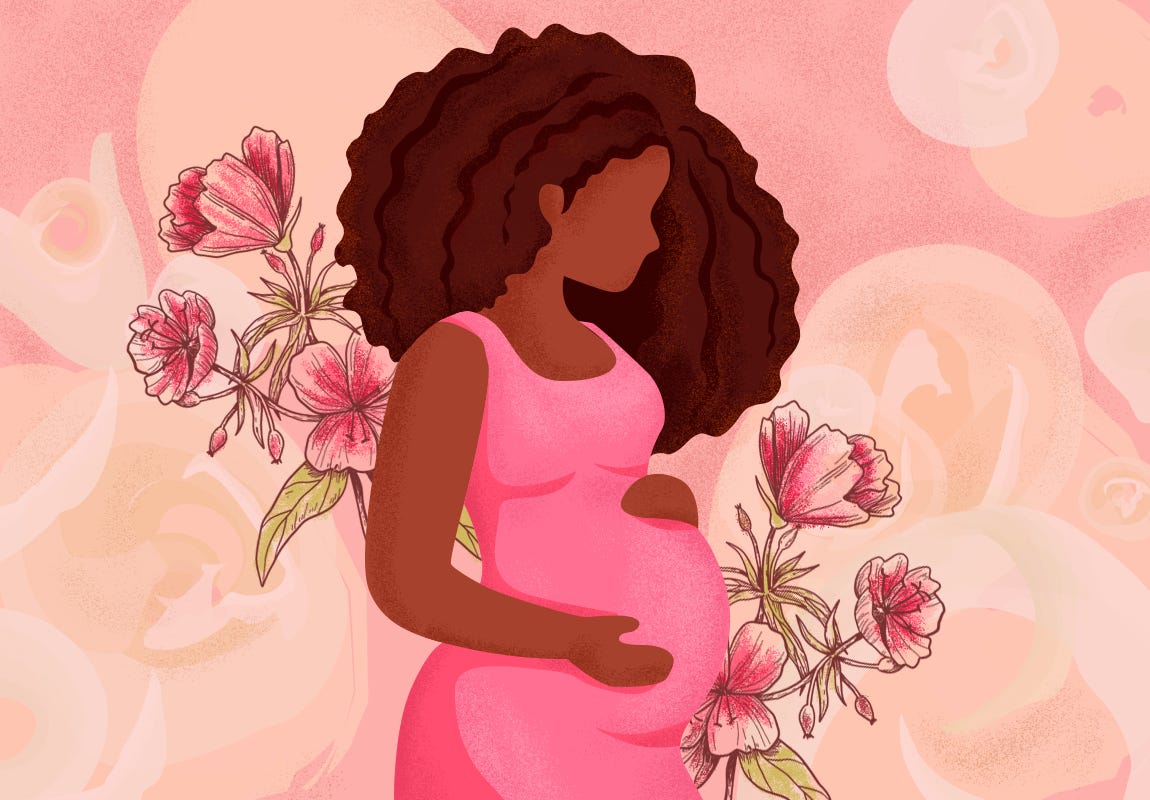Perinatal and Postnatal Depression
Postnatal and Perinatal mental illness is a significant pregnancy and postpartum complication. Postnatal and Perinatal depression and anxiety are common, with major and minor depression rates reaching nearly 20% during pregnancy and the first three months after giving birth.
Postpartum blues are a common but minor symptom of postpartum affective disorder. Both postnatal and perinatal psychiatric disorders impair a woman's functioning and are linked to her offspring's suboptimal development. History of depression, anxiety, or bipolar disorder, as well as psychosocial factors such as ongoing conflict with a partner, poor social support, and stressful life events, are all risk factors. Screening can detect early symptoms of depression, anxiety, and mania. Early detection and treatment of perinatal psychiatric disorders are critical for women's and their children's health.
What are perinatal and postnatal depression?
Perinatal depression encompasses both depression that develops during pregnancy (known as prenatal depression) and depression that develops after the baby is born (called postnatal or postpartum depression). Perinatal depression causes extreme anxiety, sadness, and fatigue in mothers, making it difficult to carry out daily activities, which include self-care and nursing the baby.
What distinguishes postpartum depression from "baby blues"?
The term "baby blues" refers to mild mood changes and feelings of worry, unhappiness, and exhaustion that many women experience in the first two weeks after giving birth. Babies require 24-hour care, so it's natural for mothers to feel tired or overwhelmed sometimes. If mood changes and feelings of anxiety or unhappiness are severe or lasting longer than two weeks, it can be a symptom of postpartum depression.
Women suffering from postpartum depression are unlikely to feel better unless they receive treatment.
Symptoms
Symptoms of perinatal depression and postnatal depression are more or less similar. However, it varies with individuals. It can include:
➔ Irritability
➔ Feeling sad, empty, hopeless, guilty, or worthless
➔ Significant fatigue or increase in tiredness
➔ Difficulty with concentration, memory, or decision-making
➔ Changes in sleep pattern
➔ Loss of interest in activities you previously enjoyed
➔ Trouble bonding with your baby, or lack of interest in your baby
➔ Persistent doubts about caregiving abilities
Causes
It is normal to feel anxious, doubtful, or exhausted when going through the enormous changes of pregnancy or when caring for a new-born. In the first few days after giving birth, 50 to 80% of women experience "baby blues," a milder form of depression.
If your symptoms last more than a few weeks or interfere with your daily functioning, they may be more serious, and you should consult your doctor.
Perinatal or Postnatal depression is a medical condition that can affect any mother, regardless of age, race, income, culture, or education. It is not the fault of women, and it is not caused by anything a mother does or does not do. According to research, there is no single cause, and it appears to be caused by a combination of genetic and environmental factors.
Life stress (for example, work demands or past trauma experiences), the physical and emotional demands of childbearing and caring for a new baby, and hormonal changes during and after pregnancy can all contribute to the development of perinatal depression.
Furthermore, a woman with a history of depression is more likely to develop perinatal depression. Moreover, a personal or family history of depression or bipolar disorder or previous experience of perinatal depression increases the chance of perinatal or postnatal depression.
Coping
If your pregnancy isn't the happiest time of your life, it's essential to know that you're not alone. Because your body, hormones, social roles, and other such factors are changing, it is natural for your mental health to suffer. There are several things you can do to cope if you are suffering from perinatal depression.
These are some things you can try:
➔ Seek assistance from your support network.
➔ Join an expecting or new parent support group.
➔ Make time to rest.
➔ Consume regular, frequent, and nutritious meals.
➔ Regular exercise, such as pre or postnatal yoga or aquatic exercise, is recommended.
Postnatal depression treatments
Postnatal depression is stressful, isolating and frightening, but treatments are available. Spending quality time with family and friends, finding “me time”, resting whenever you can, getting as much sleep as you can at night, exercising regularly, and eating a healthy diet are all things you can try on your own.
Psychological therapy - Your doctor may be able to recommend a self-help course or refer you for therapy, such as cognitive behavioural therapy (CBT), DBT, and more. Your doctor might prescribe antidepressants if your depression is severe.
Make sure to get timely help.
Now put on your thinking hats and think about the following questions for a couple of minutes.
How would you explain the term “perinatal depression” to your students?
Can you think of some factors that may contribute to perinatal depression?
Write down your thoughts and discuss them with your students, children, and your colleagues. Listen to their views and compare them with your own. As you listen to others, note how similar or different your views are to others’.
Thank you for listening. Subscribe to The Scando Review on thescandoreview.com.
Happy Teaching!














Perinatal and Postnatal Depression